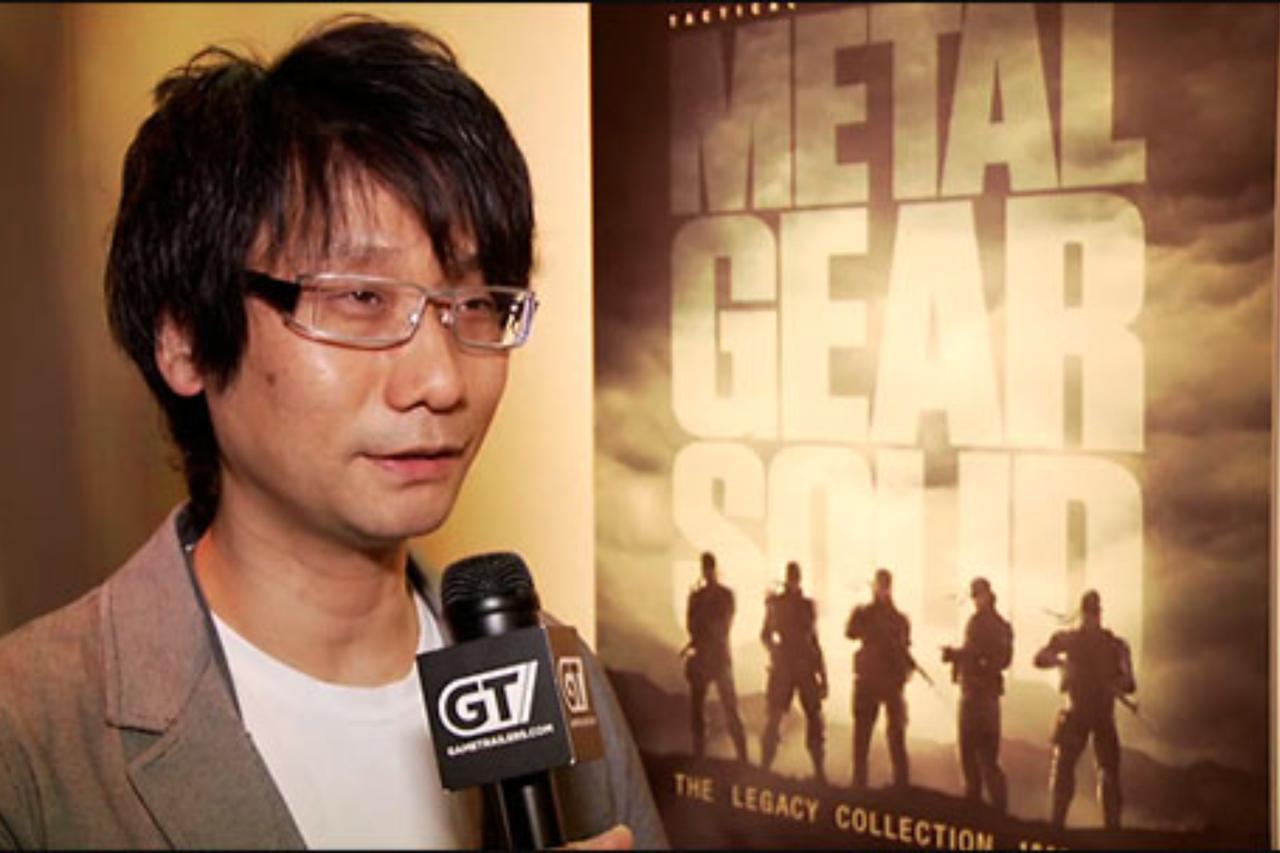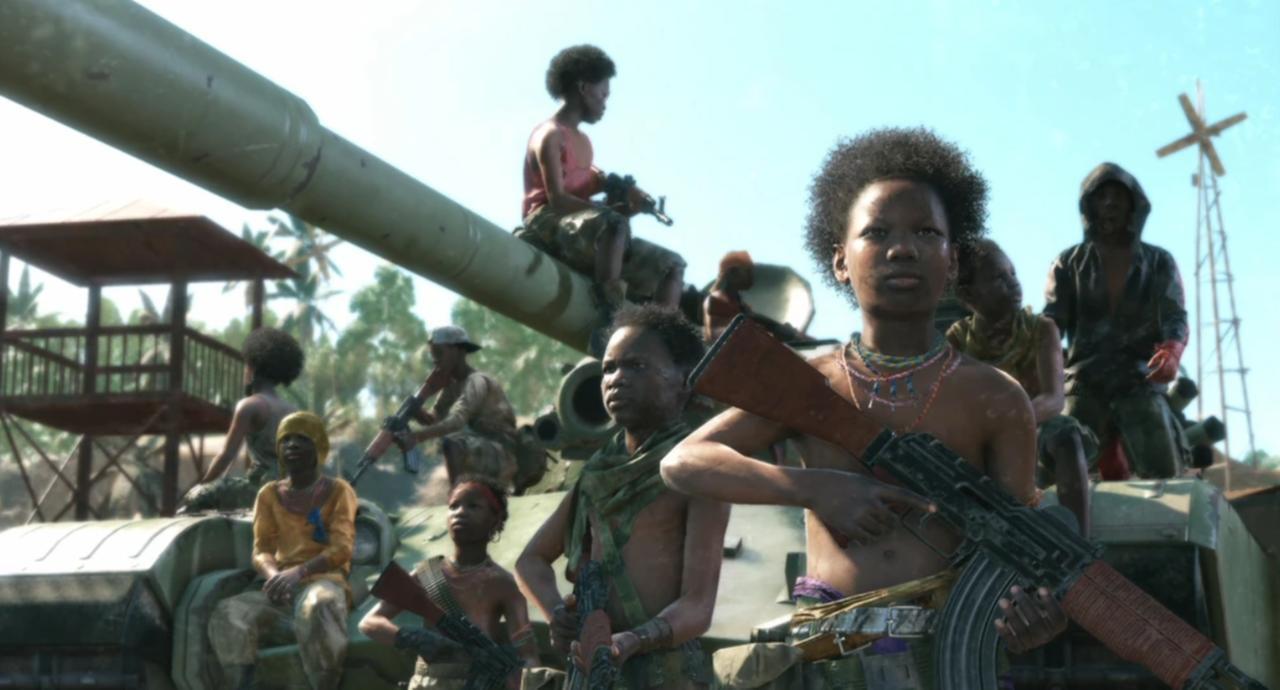
Renowned video game creator Hideo Kojima sparked controversy over the weekend after posting a photograph with Italian cartoonist Zerocalcare, prompting criticism that highlighted an apparent contradiction between the designer's artistic work and his public associations.
The backlash centers on what critics see as an ironic disconnect: Kojima's celebrated Metal Gear video game series extensively portrays child soldiers as victims of exploitation and systemic violence, while Zerocalcare's work expresses solidarity with groups that international organizations have documented recruiting minors for military purposes.
Kojima posted the photo Saturday on social media, showing himself with Michele Rech—known by his pen name Zerocalcare—holding a copy of the graphic novel "Kobane Calling." The post accumulated 4.5 million views and drew immediate criticism from Turkish users.
"Kobane Calling," published in 2015, documents Zerocalcare's travels to the Syrian-Turkish border and the city of Kobane during the fight against Daesh. The book portrays fighters associated with the YPG terrorist organization known for their recruitment of child soldiers, expressing solidarity with their US-backed fight against the extremist group.
The YPG is designated as a terrorist organization by Türkiye, which views it as the Syrian affiliate of the PKK terror group. The PKK is listed as a terrorist organization by Türkiye, the United States and the European Union.
Turkish gaming channel Bradalar posted on social media: Hey Mr. Kojima, from now on, not a single lira for your games," while other Turkish fans criticized the meeting across various platforms. Notable comments on social media included "Hideo kojima The man who sold his Turkish fanbase" and "Kojima is officially over for us. Meeting a terror*st?"

The criticism gained particular resonance due to the thematic content of Kojima's work. Throughout the Metal Gear series, the designer has consistently explored the horrors of war, with child soldiers featuring as a central moral concern.
In Metal Gear Solid V: The Phantom Pain, released in 2015 and set in 1984, the game prominently features child soldiers in war-torn regions of Afghanistan and Africa. The protagonist encounters groups of children forced into combat by various militias. In one mission, players rescue child soldiers from a mine, bringing them to a base where they are rehabilitated. The game discourages killing them, with such actions leading to negative consequences.
Metal Gear Solid 2: Sons of Liberty, released in 2001, reveals that the character Raiden was forced to fight as a child soldier during the Liberian Civil War in the 1980s. The game explores his resulting trauma and the long-term psychological effects of childhood exploitation in warfare.
Metal Gear Solid: Peace Walker, from 2010, features Chico, a 12-year-old recruitable character in the Sandinista resistance. The game critiques the recruitment of minors in conflict zones.
Across the series, Kojima has defined child soldiers as those "raised as soldiers or forced to fight," portraying them as tragic figures rather than enemies. The games pose philosophical questions about morality, conflict and the cycles of violence that trap young people.

The apparent contradiction that critics highlighted stems from documented reports of child recruitment by Kurdish forces in northeast Syria.
Human Rights Watch reported in 2018 that the YPG was recruiting children, including girls, despite pledges to stop the practice. The organization interviewed eight families at three displacement camps in northeast Syria who said YPG security officers had encouraged their children to enlist. The families reported that six girls and two boys between ages 13 and 17 had enlisted.
"The YPG, despite pledges to stop using child soldiers, is still recruiting children for military training in territory it controls," said Priyanka Motaparthy, acting emergencies director at Human Rights Watch at the time. "It's especially horrendous that the group is recruiting children from the vulnerable families in displacement camps without their parents' knowledge or even telling them where their children are."
The 2018 United Nations report on children in armed conflict documented 224 cases of child recruitment by the YPG and its women's unit in 2017, representing a nearly fivefold increase from the previous year. Seventy-two of the children (nearly one-third) were girls.
A 2024 Human Rights Watch report stated that a youth group linked to authorities was recruiting children for potential military transfer, despite ongoing pledges to end the practice.
The Middle East Institute confirmed in 2019 that minors were fighting in YPG ranks. The Syria Justice and Accountability Centre reported in 2020 that the SDF, of which the YPG is the largest member, was still recruiting children a year after banning the practice.
"Kobane Calling" has been criticized for promoting terrorism by sympathizing with groups designated as terrorist organizations by Türkiye, which views them as part of the PKK, an organization listed as a terrorist group by Türkiye, the United States and the European Union.
The controversy extended to his Netflix animated series "Tear Along the Dotted Line," released in 2021. The show's trailer featured the YPG flag, and one episode displayed flags associated with the PKK. Turkish newspaper Sabah accused the series of promoting terrorism through these symbols.
While the series primarily focuses on personal themes like anxiety, friendship and existential concerns rather than overt politics, the inclusion of these symbols amplified existing tensions. Some Turkish outlets claimed the controversy is part of a broader pattern of Western media bias toward terrorist groups.
The juxtaposition of Kojima's artistic exploration of child exploitation in warfare with his public meeting with a cartoonist whose work expresses solidarity with groups facing documented accusations of child recruitment formed the basis of the criticism from Turkish users.
International law prohibits non-state armed groups from recruiting anyone under 18, and enlisting children under 15 constitutes a war crime under the Rome Statute of the International Criminal Court.